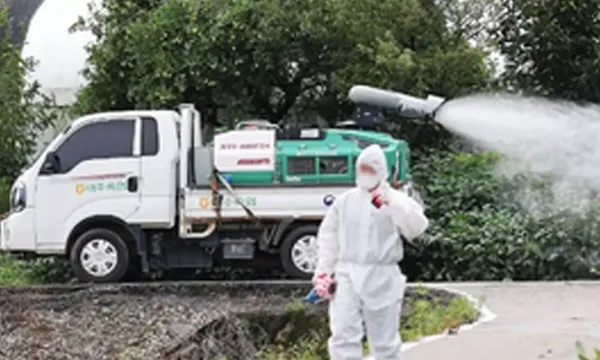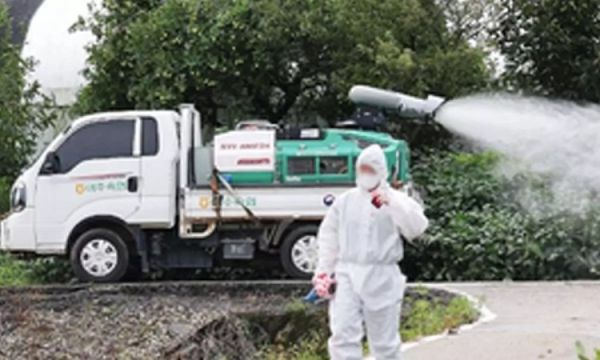
The agricultural ministry in South Korea said on Saturday that it has discovered another instance of lumpy skin disease (LSD) in cattle, bringing the total number of verified cases this year to 14.

The Ministry of Agriculture, Food, and Rural Affairs said that the most recent case was discovered at a cow farm in Munkyong, some 140 kilometers southeast of Seoul.
Personnel and vehicles involved with the farm and related facilities in six neighboring areas are subject to a 24-hour halt order issued by the government. According to the Yonhap news agency, South Korea verified three further distinct cases on Friday.
To stop the illness from spreading, the government would use every decontamination vehicle at its disposal, it further said.
Skin rashes, fever, and appetite loss are all symptoms of the extremely infectious illness LSD, which often lowers milk supply and, in extreme situations, results in mortality. It is spread by mosquitoes and other blood-feeding insects and affects cattle and buffalo.
Separate instances from Inje, located 118 kilometers east of Seoul, and Dangjin, located 80 kilometers south of the capital, were also verified by South Korea.
According to the authorities, the government has imposed quarantine regulations and roped off the impacted farm to stop the spread of illnesses.
The agricultural ministry urged provincial governments to finish immunizing livestock by the end of this month and to be alert in case further instances spread around the country.
In August of this year, the nation announced the first LSD case in cattle. According to the Agriculture Ministry, the case was verified at a cattle farm in Anseong, which is around 65 kilometers south of Seoul and raises 80 cows. Since November of last year, this was South Korea’s first LSD case. In the meantime, the agriculture ministry of South Korea has announced that it intends to bring a genetic diagnosis kit for LSD to market in 2025.
Instead of eradicating the whole herd, the genetic kit will assist in the targeted culling of diseased cattle.